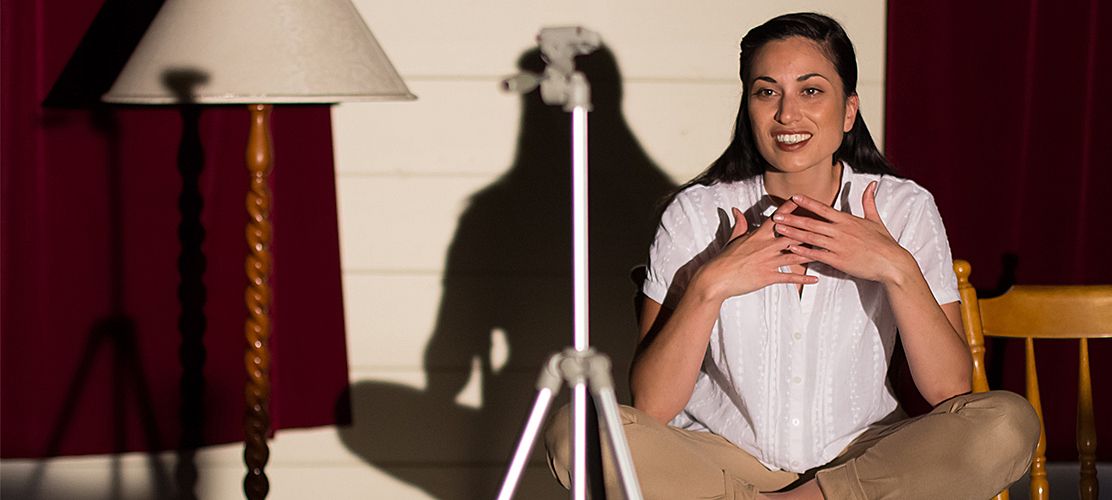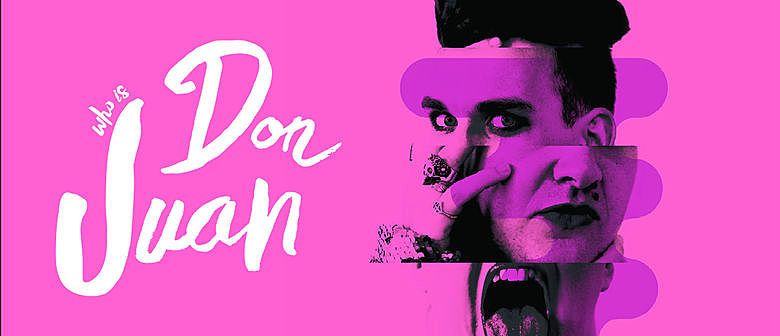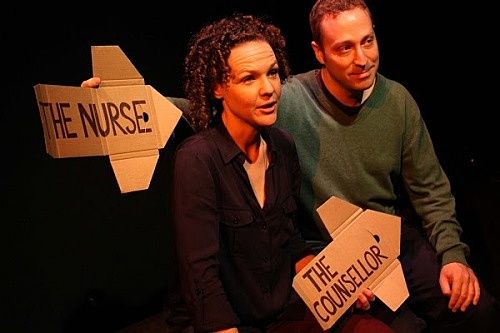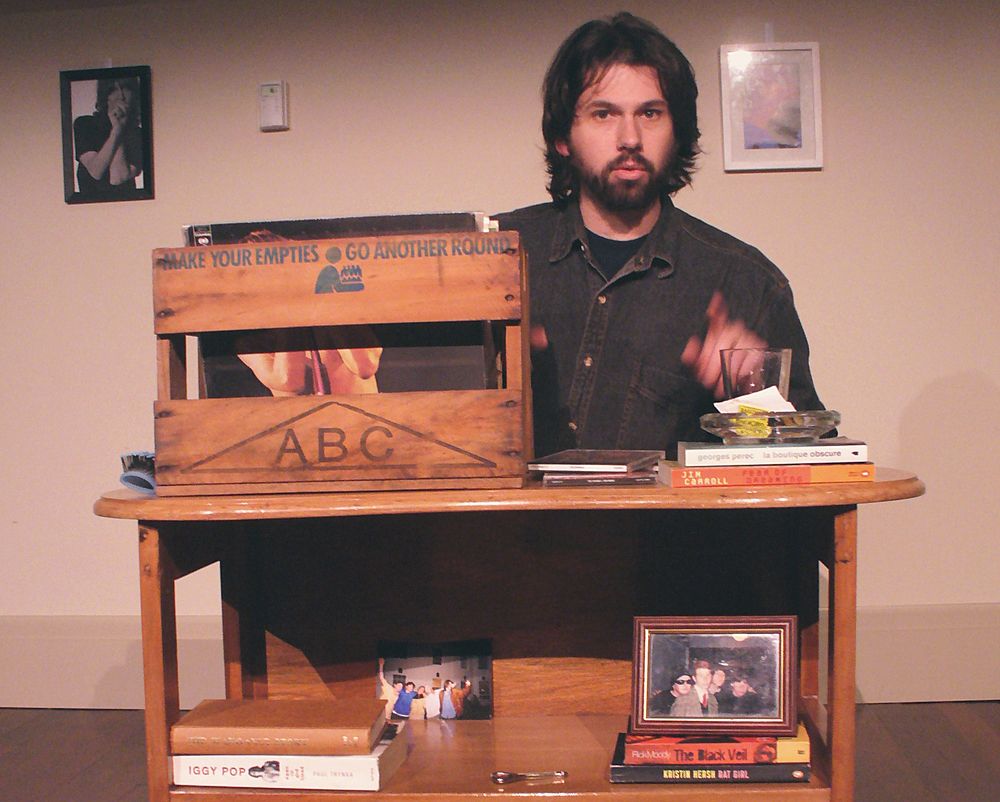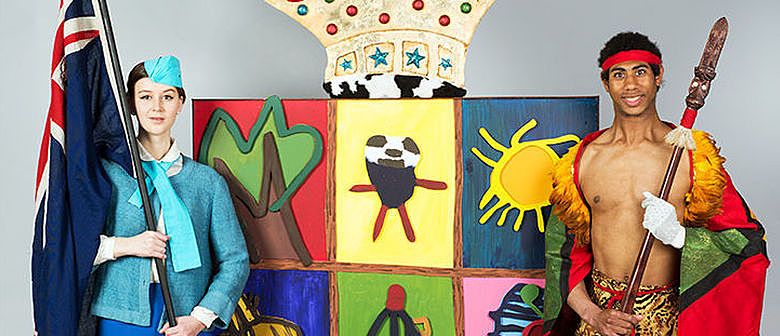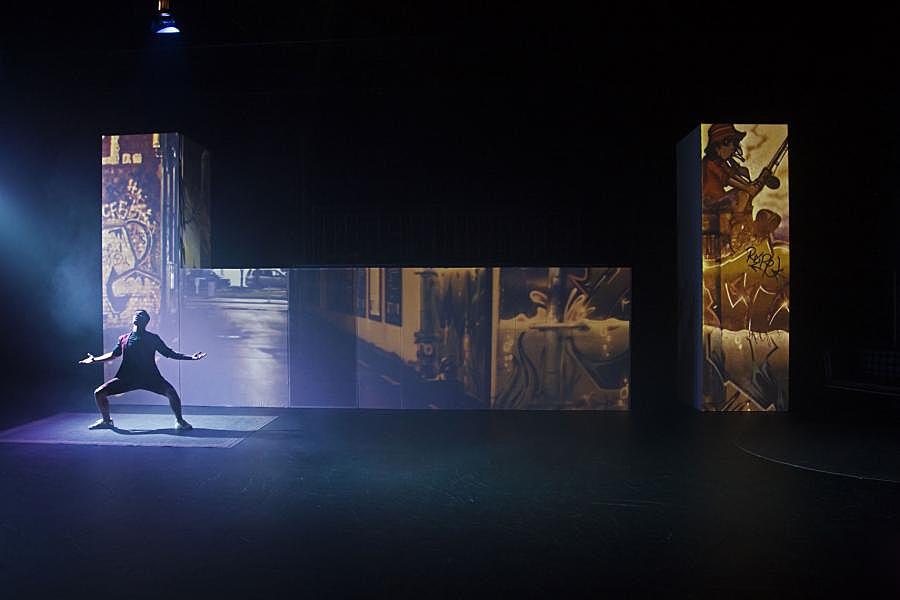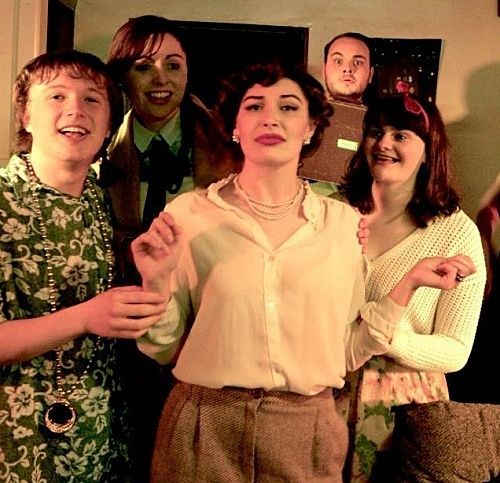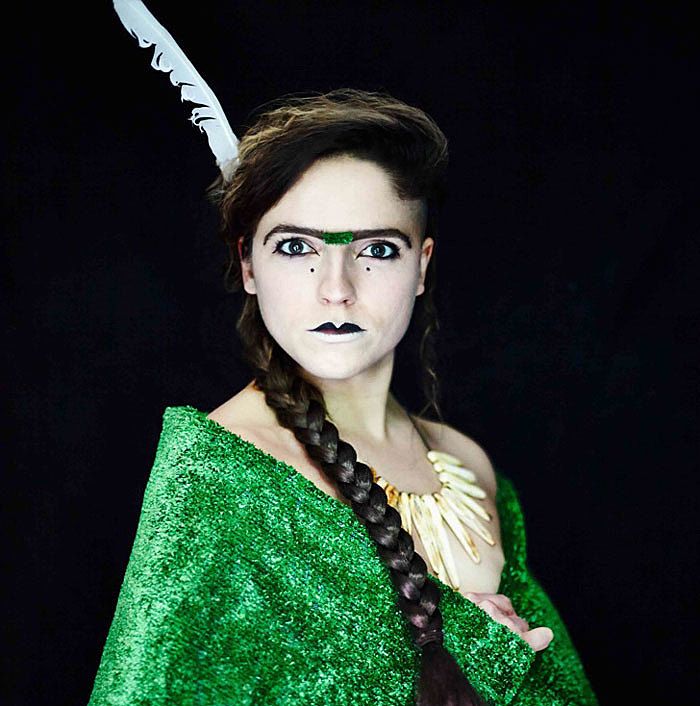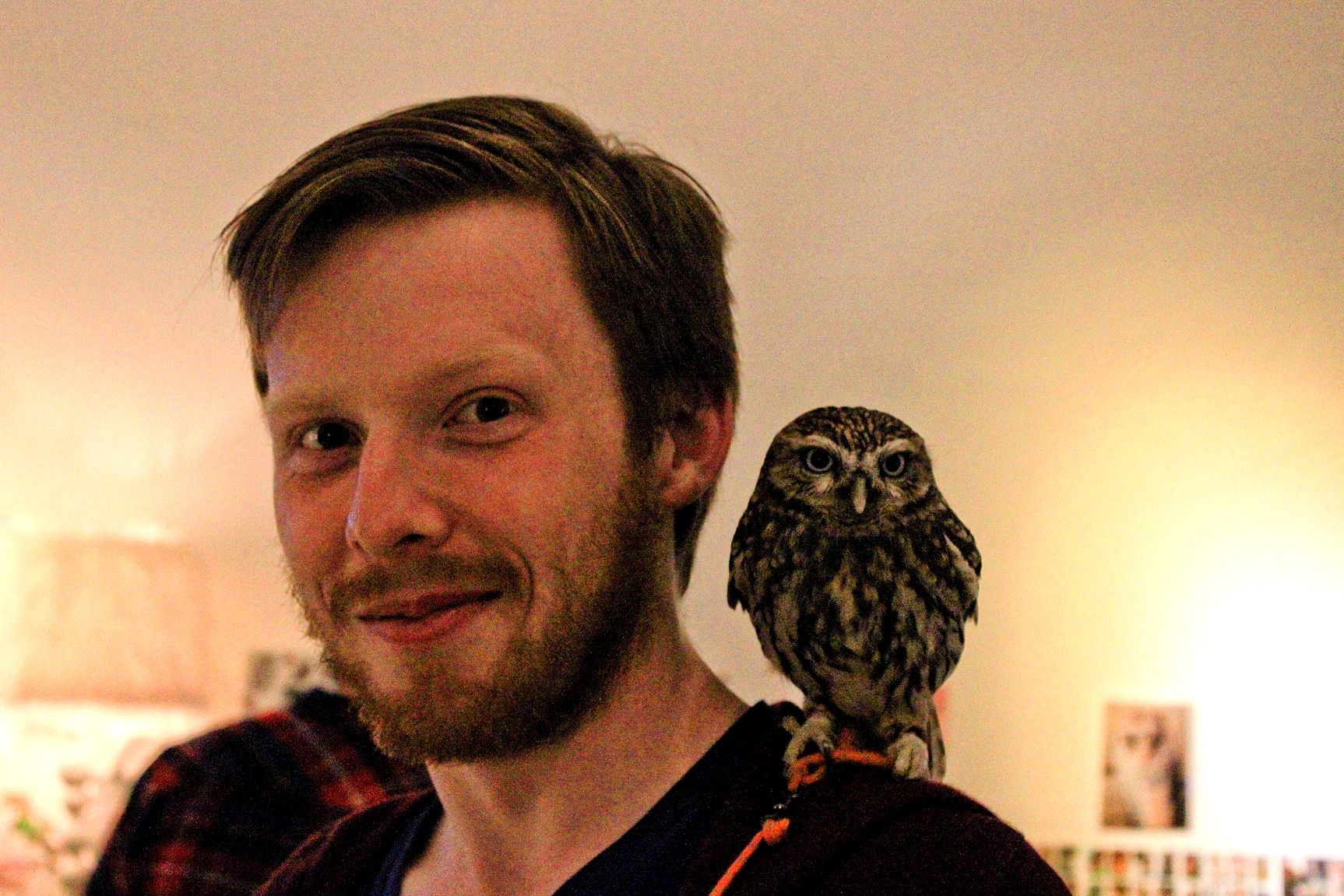Ten Plays We Loved in 2015: Wellington Edition
192 productions in Wellington this year. That is a ridiculous number. Inhuman. There was a lot to love in that 192, though, or at least in the good chunk that I saw. Established companies tackled unwieldy and powerful new works; up-and-coming artists threw themselves at any experiment that’d have them; audiences supported some great shows but also supported The Hound of the Baskervilles. Here’s the ten shows I loved, vital and probing and damn funny.
It’s astonishing that All Our Sons is still only in the early stages of its life. Witi Ihimaera’s second play was a dense and elegiac social history, reflecting in the whanau of Mataira Mountain, the men who went to war for a New Zealand that refused to respect or recognise them and the family they left behind, the memories of thousands of tūpuna. Taki Rua’s production, directed by Nathaniel Lees, drifted like a living dream, blending traditional Māori performance art into its elliptical and expressionistic storytelling. As father and respected leader Waru Mataira, Rob Mokaraka was a reassuring presence, an anchor in the chaos. His resolute pride and authority were all the more affecting for their powerlessness, unable to prevent the traumatising of his sons, Tai (Joe Dekkers-Reihana) and Rangi (Puriri Kōria), and the unfettered, devastating grief of his mother (given immense life by Grace Ahipene-Hoete). All Our Sons was vivid, visceral and painfully sad; the fears and the scars that come with fighting someone else’s war were at once specific and, shrouded by smoke and sackcloth and flickering archival footage, powerfully universal.
If Tikapa Productions (Manawa, He Reo Aroha) isn’t the most important theatre company in the country right now, their Ahi Kaa Festival season of one-woman show Not In Our Neighbourhood brought them pretty damn close. Anchored around three women living in a Women’s Refuge safe-house in the Coromandel, Not In Our Neighbourhood was a forceful and infinitely compassionate presentation of lives in limbo, caught in the systems built to give them support. Flanked by a moat of dim household lamps, Kali Kopae pivoted between unassailable warmth and deep trauma, good humour and fierce interrogation of the New Zealand that pretends to care for the victims of domestic violence while ostracising them and underfunding the organisations that are trying to offer them protection. This is theatre to save the world with.
Earlier this year, I wrote that Don Juan was the closest that director Leo Gene Peters had ever gotten to making “a non-stop party that’s both fully inclusive of its audience and entirely exclusive to them.” That still stands: A Slightly Isolated Dog’s outrageous layers-deep reinterpretation of Moliere’s Don Juan was a giddy delight, even when it was wobbling and unsure on its feet. Few shows would have the guts to stop cold and invite the audience on stage for a dance party and shots; fewer still could manage it without making you feel excruciatingly self-conscious. Don Juan did both, and how.
Verbatim theatre’s had a bit of a resurgence in New Zealand in the last couple of years, so I chafe at saying that it took two Australians to show us how it’s done. That said, Theatre Beating’s headphone-verbatim about death and dying, Two Mortals, did things with the format that few in this country had dared to try. In a landscape of static talking heads, Rachael Dyson-McGregor, Mike McEvoy, lighting designer Bronwyn Pringle and director Geoff Pinfield stood out with a vision that was refreshingly physical and visually-minded. I don’t think I saw anything this year as straight-up beautiful as this show’s final half hour.
Loose: A Private History of Booze and Iggy Pop 1996-2015
Charting the last twenty years of his life through the unifying elements of booze and Iggy Pop, Loose was a radical departure from the character comedy on which comedian and actor Jonny Potts had made his name. However you classify it - stand-up or theatre or some impure mix of the two - Loose was a shaggy, dead-pan and tender exploration of the ghosts in Potts’ life and the directions that they’ve pushed him, consciously or otherwise. Loose lives and thrives on a rare kind of honesty, the kind that prompts us to commune with our own ghosts and consider the marks they’ve left.
A grab-bag of Wellington’s best devisers joined forces with ACTIVE Youth Wellington and crafted this hilarious, off-kilter comedy ostensibly about an ill-fated long-haul flight. Running on its own woolly logic, Wake Up Tomorrow chased tangents like they were going out of fashion; the end result was gleeful and intoxicating and infused with an anarchic sense of humour, at once charming (like Jacob Dombroski’s generous cowboy bartender Troy Kingi) and brutal (like Caitlin Pamplone’s Sharon, who laughed her head off as a celebrity chef choked to death).
Tawata Productions’ The Beautiful Ones caught a lot of heat for its threadbare ‘starcrossed lovers’ narrative - boy meets girl, girl disappears in cloud of controversy, boy is thrown into turmoil as he waits for her return. Here’s the thing, though: I didn’t care. This was theatre of the sublime, a totally overwhelming sensory overload. Johnson Witehira’s colourful and kinetic AV design; Laurie Dean’s stunning lighting work; the heart-in-throat beauty of Dolina Wehipeihana’s dance choreography; the soulful pulse of hip-hop and R&B that acted as its score: it feels negligent to talk about the story in isolation from all that when all that did so much emotional work, supplanting the need for dialogue or narrative complexity. After all, they’d just be communicating things we already knew. A sleek, shimmering wonder.
In last year’s New Zealand Fringe Festival, Eamonn Marra delivered Respite from behind a desk in a well-lit 19 Tory Street. This year, Marra ditched the desk, moved to the BATS Studio, scattered piles of books across the stage and dropped the lights on the audience. Even with all that change, though, his monologue about the 2011 that led to him spending several days in a Mental Health Respite Centre in Christchurch was still an understated marvel. Marra has a wonderful knack for building detailed and poignant anecdotes out of a handful of images; it’s that knack that made Respite so funny and so intimate.
Abby Howells and her associates, two years’ worth of Dunedin expats too numerous to name, have been behind some of 2015’s best, most uninhibited comedy. Moose Murders was the peak of their mountain, a madcap reinvigoration of Arthur Bicknell’s notorious 1983 ultra-flop. This inept Agatha Christie-style murder-mystery was recast as incredible comic spectacle, driven by a hyper-committed gang of actors playing a ridiculous series of acting ids. Loud, ludicrous and totally unrestrained, it was as pure a pleasure as you could get.
Jess Holly Bates’ slam poem-cum-monologue-cum-meta-analysis of its audience is well-travelled for good reason: it’s an incisive, dextrous and muscular interrogation of white New Zealand and its tendency to be a bit shit at dealing with its heritage. Bates is a bolt of lightning, immediate and uncompromising, and she refuses to let her audience or herself off the hook, implicating both in ‘unexpected’ phone conversations with director Geoff Pinfield. It sometimes goes for easy targets, but they’re only easy because they still exist.
Bonus feature: Read Adam's top ten moments in Wellington theatre here.

